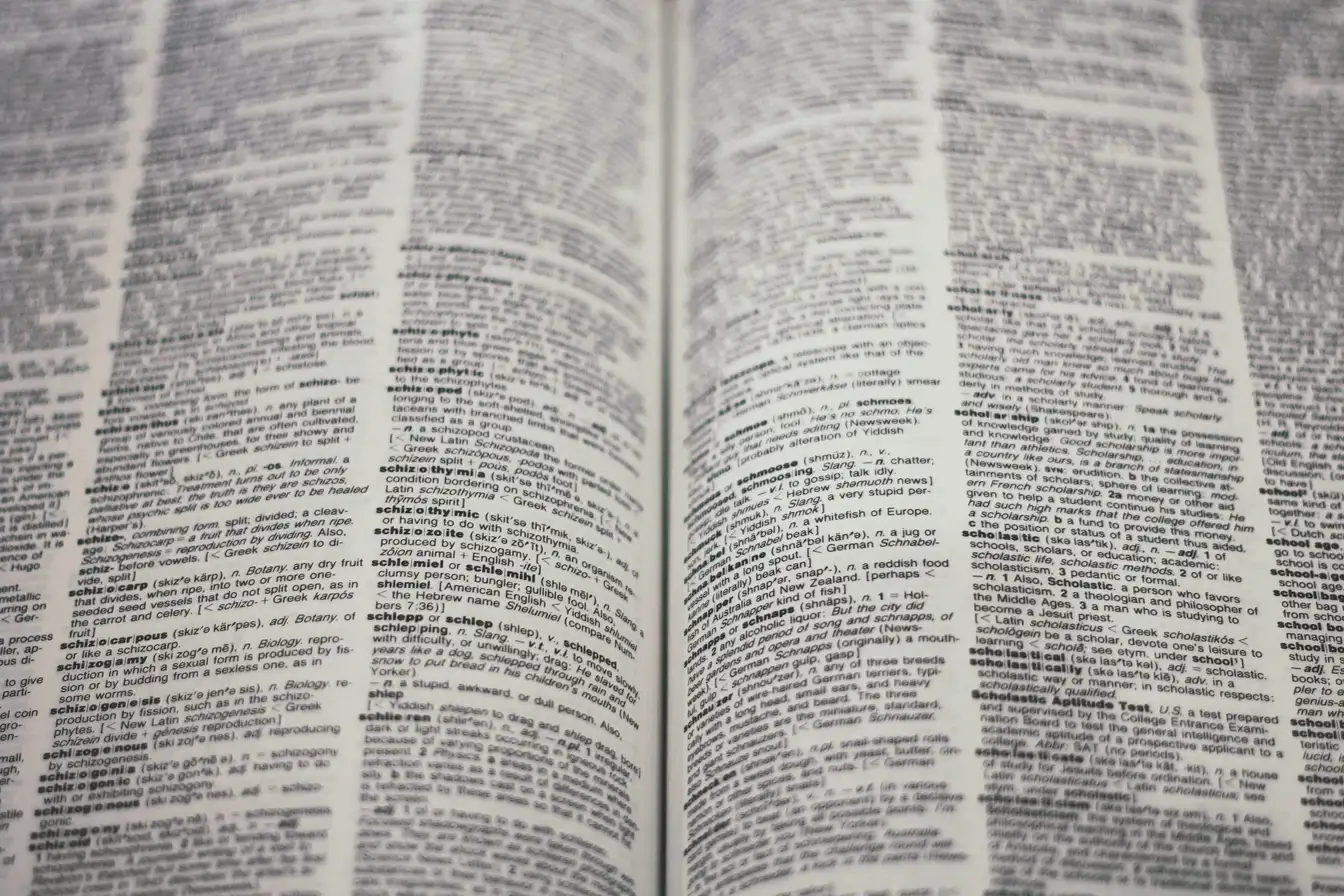
Miscellaneous
The Evergreen Essence of Translation
No matter the subject, we always tend to look for information in our native language. The content touches our heart differently and that makes translation in high demand across various industries. However, is Google Translate good enough to do this?
“Yes, the content is totally understandable in this language but is it available in other languages too?”. This briefly explains the power of translation. According to a survey, nearly 1.4 million people everyday surf websites that are written in their native language. For effective communication and optimal results, you have to speak the language their heart speaks. Translation touches on different fields of knowledge and is a huge medium to reach thousands of readers every day, which makes it vital for numerous reasons and requires specific skills when translating from one language to another.
The more we advance in life, the more we need translation because the world is becoming a huge hub of information and new cultures every day. Translation is not only a tool for communication but expression of culture, society, and beliefs. It is more than simply changing words from one language to another, translation builds bridges between cultures. We see a whole different world and get exposed to new lifestyles through the eyes of the translator, that would otherwise be too remote to grasp through our own cultural lens. Nothing can better spread these novel ideas and introduce the history of a country like translation does. It is the medium that helped expand our knowledge of the world and helped bring people together. For instance, Arabic translators kept Greek ideas and philosophies alive during the Middle Ages. Translation also aided sports teams and organizations to take their sport internationally surpassing language barriers.
Imagine all cultures suddenly ditched their native tongues and adopted a universal language for communication. How many cultural treasures will be lost? Is the expression of feelings, emotions, or specific descriptions the same in all languages?
A classic example is the Arabic word بتمون, which means I will do this for you because you are dear to me. It is a very warm and elegant word expressing tenderness, but an exact same expression does not exist in English dictionaries. In this regard, the Arabic language is richer. This calls for translation and the understanding of different languages.
However, translators must ensure there is no misinterpretation especially that their content will be read across the globe. This brings us to the debunking of translation. Not anyone can build those bridges of understanding between diverse and opposite cultures - this requires a skill. Translation requires more than just “knowing the language”. Can we call an electrician instead of a plumber if we have a leaking tap? Same applies to translation if you have a certain specialized field, you should be looking for a translator with the related skills. That level of understanding requires advanced knowledge of the source language. Here are some of the most necessary abilities that translators should have for an accurate translation:
● Cultural understanding. Not only does a good translator need to have excellent writing skills, but they should also have a strong cultural understanding of the country where the language is prevalent. Translators should consider the values, behaviors, and customs of that specific culture as this will have an impact on the translated language. A translator should be able to transfer tone, style, and cultural elements accurately from one language to another.
● Advanced language knowledge. Translators should ensure that the messages in the original material are portrayed in the translated version. It is the minimum expectation for a translator to be near-native level in terms of their understanding of spelling, grammar, and punctuation.
● Specialist knowledge in technical terms. Translators should be specialists in at least one particular area of expertise. A good translator should be a specialist in commercial, industrial, or scientific areas.
● Attention to details. One of the deadliest sins of the translation profession is to miss simple facts - like numbers. Translators should transfer every factual detail to the translated document.
● Remain neutral and non-judgmental. When translators work on a translation job, they should do so without judging the contents of the document. They should be able to translate what the original writer says, not what they think or prefer is correct.
This is not everything, there is much more to being a translator than what is mentioned here.
The world is advancing at an astonishing pace and more information is increasingly spreading everyday, which makes translation of essential importance for the transfer of this information.
